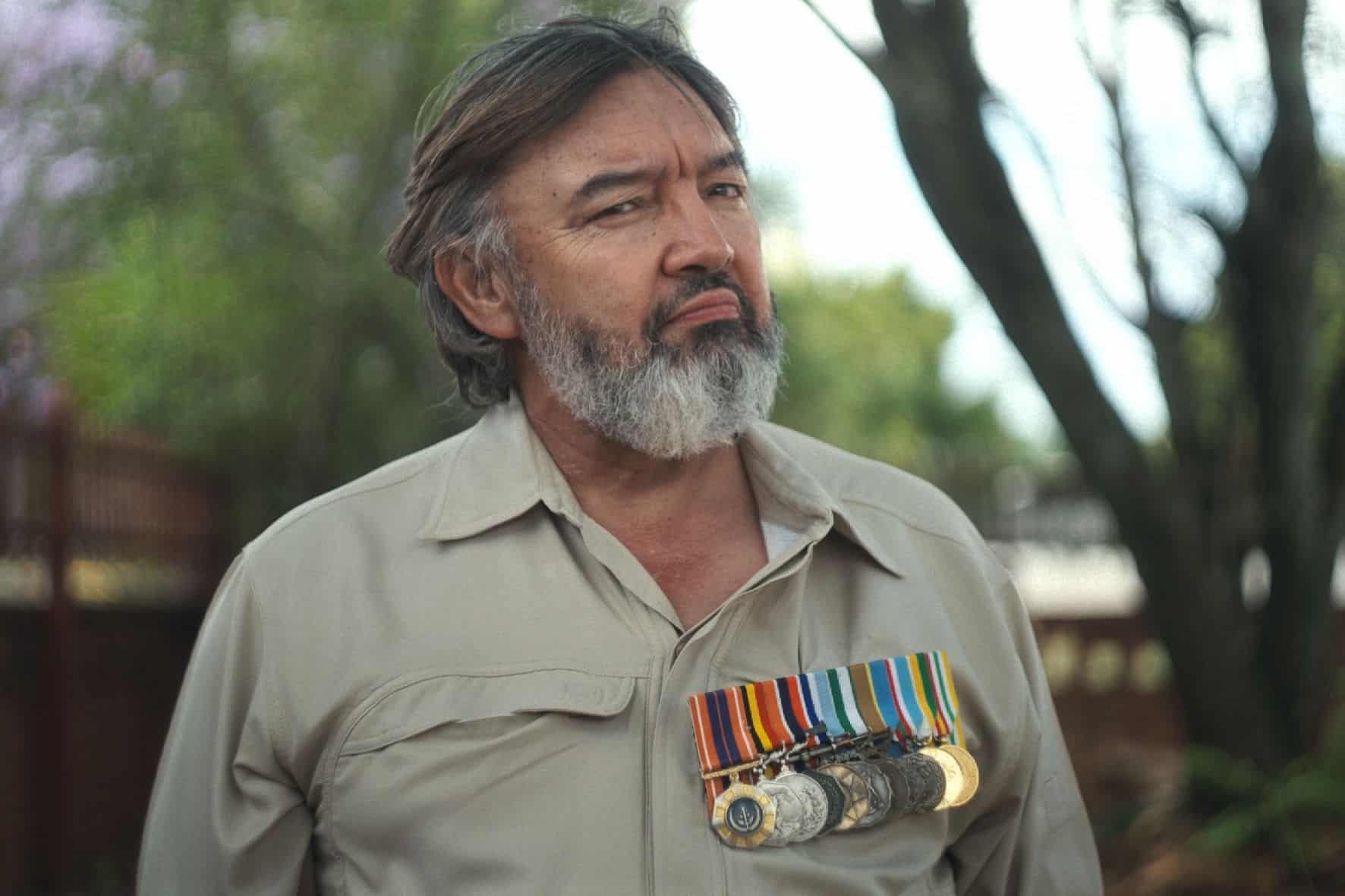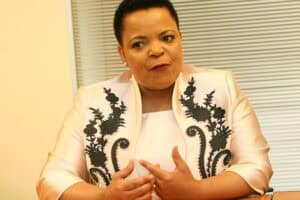It's a complicated time in South Africa's history, and the Border War left many scars on our nation. New docuseries Unspoken War unpacks this.

When the final bullets were fired, the silence that followed was deafening. In the eighties, South Africa was facing two wars. One, within its borders, as apartheid was being suffocated by the pincers of political resistance. The other, a covert conflict on the Namibian Angolan border that created turbulence, death and decimation all of its own.
Every school-leaving male was conscripted, and objectors were jailed. Many young men didn’t even know what they were fighting for. Now, three decades after the peace, Showmax is releasing a docuseries that rips through the silence. That is because many who went through the ordeal never spoke about it since laying down arms.
Idea Candy’s Wim Steyn, executive producer of Unspoken War, said that for many soldiers, it was a devastating time both emotionally and spiritually, while others had the time of their lives with buddies on the border. Some never made it home. The show premieres on 12 November.
Talking about the unspoken
The series takes on one of the most complicated periods in South Africa’s history. Between 1966 and 1989, the country fought what became known as the Border War. It was a war shaped by apartheid’s politics, fought under the banner of stopping communism, and shrouded mostly in secrecy. For those who lived through it, the orders were simple. Serve, return, and do not speak.
Steyn said the idea for Unspoken War came from two personal encounters. One was a book of conversations with people who had lived through the war but never spoken about it. The other was the experience of a colleague who, after her father’s death, discovered a notebook filled with his accounts of serving in the war. Until then, she had never known he was part of the war at all. His silence had been absolute. “Many people think you will only see soldiers in this story,” Steyn said. “But the impact is far wider. It touches those who stayed behind, those who sent loved ones to war, and the children who grew up not knowing who their fathers really were.”
Silence, Steyn said, became a form of personal psycho-emotional protection that turned into isolation for many former soldiers. Studies have shown that it takes about thirty years for veterans to start speaking openly. The same pattern can be seen in conversations about the Vietnam War.
It takes time to heal: Watch the trailer
Directed by award-winning producer Nikki Comninos, the five-part series shares rare archival footage with interviews from former soldiers, SWAPO (South West African Liberation Organisation) fighters, spies, journalists and family members. It offers a view from all sides. South African Defence Force conscripts, some still teenagers at the time, fought against liberation movements backed by the Soviet Union, Cuba, Angola and several other African nations. What started as a border patrol turned into a regional conflict that also became intertwined with the Angolan Civil War and, at home, the struggle.
South African forces had pushed deep into Angola in the eighties. Elite units such as 32 Battalion and Koevoet carried out raids and counter-insurgency missions. The fighting was fierce and often hidden from public view. “For some men, it was the best time of their lives,” Steyn said. “They found brotherhood. For others, it was unbearable, something they could not live with or remember without pain. The fallout reached into their homes and shaped how the next generation understood discipline, purpose and even love.”
Also Read: What to watch: ‘Dexter Original Sin’ is killer TV
The Border War ended in 1989 when Namibia gained its freedom. Many soldiers were redeployed into South Africa’s townships during the state of emergency declared by then-president PW Botha. In the war, they fought foes on foreign soil. Then ordered to face their own people with big guns. It was devastating to many. “Some of them felt betrayed,” Steyn said. “They were sent from one kind of conflict into another.”
Betrayal: ‘One conflict to another’
He said Unspoken War is not an attempt to rewrite history, but to add the missing voices that tell these and many other stories. “People on both sides want their version to be the truth. This series gives space to both. It may make some viewers uncomfortable, but that is the point. Truth is never tidy.”
Now Read: ‘The Rookie’ is no amateur of a show






